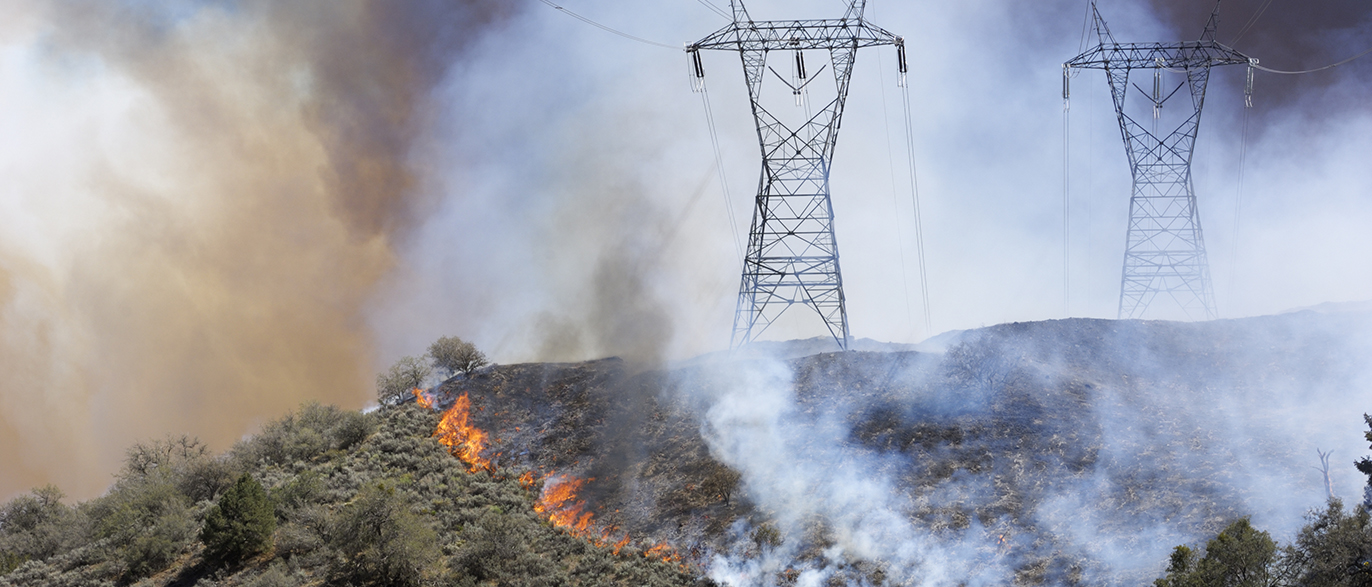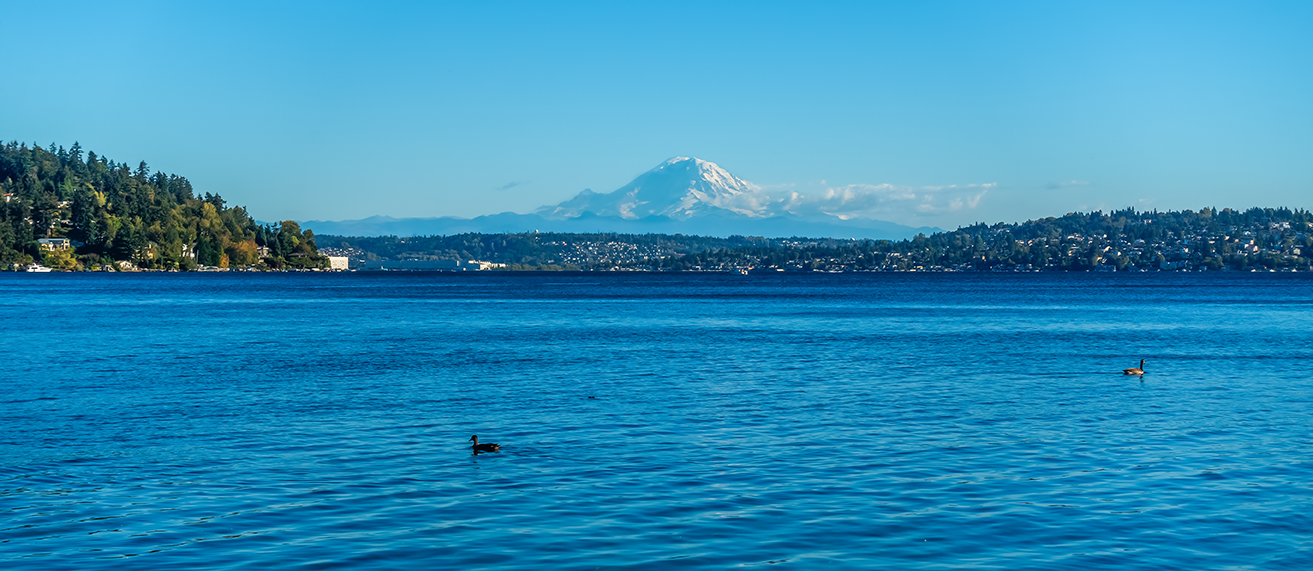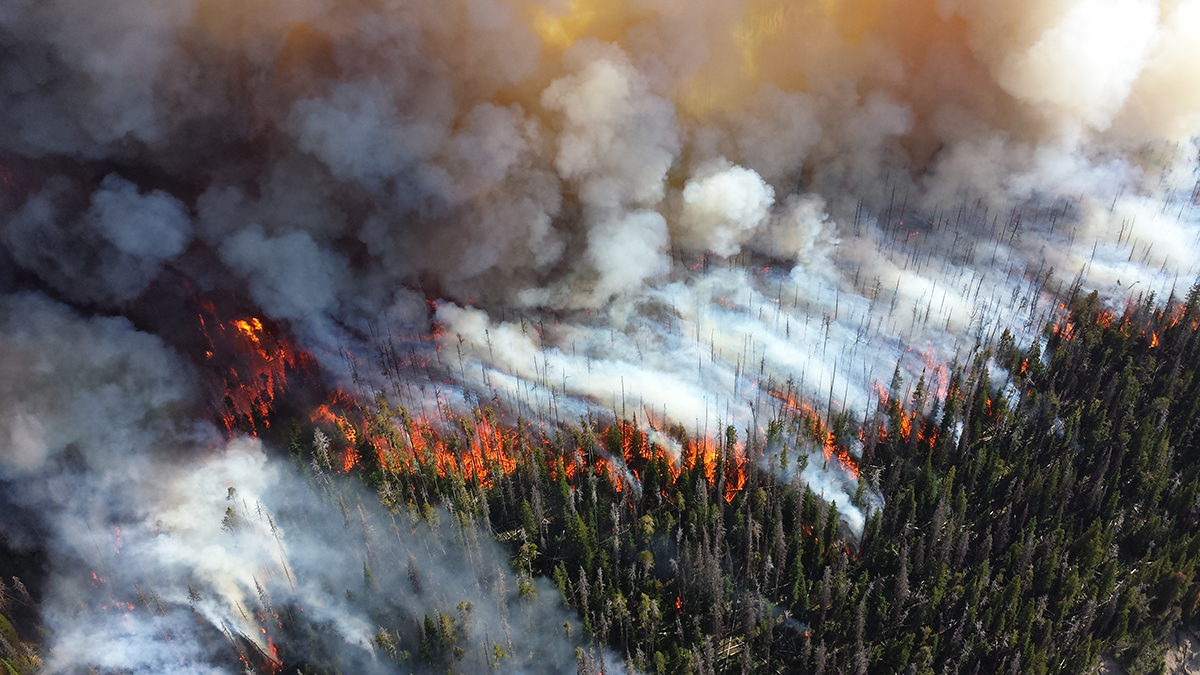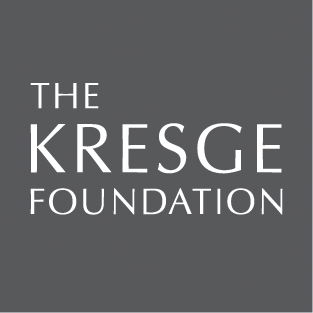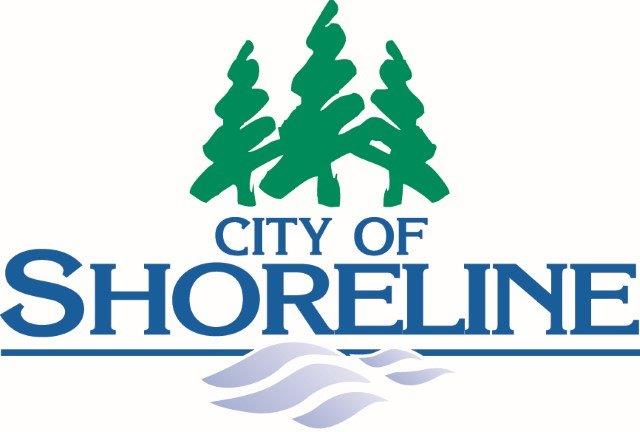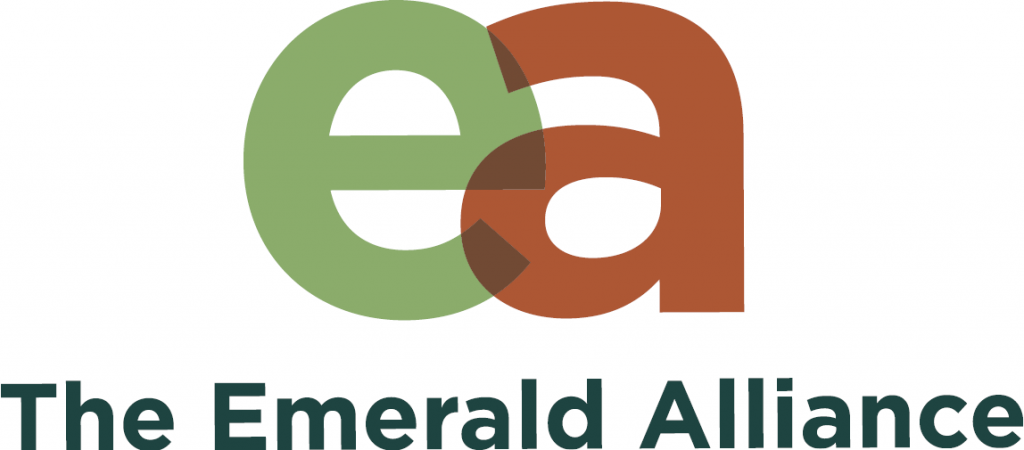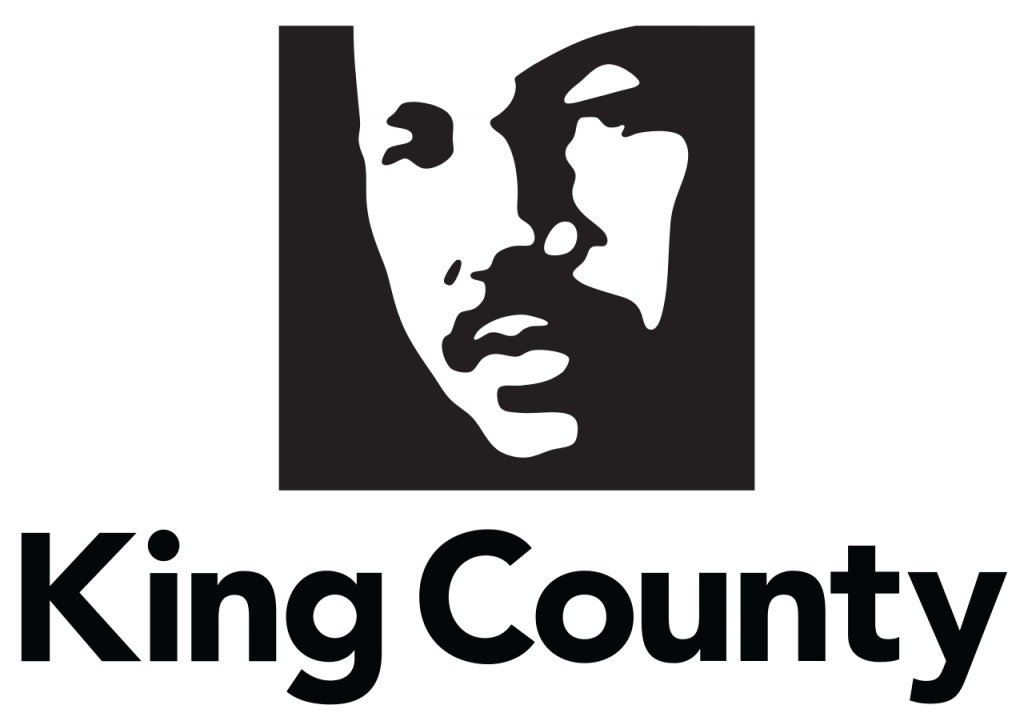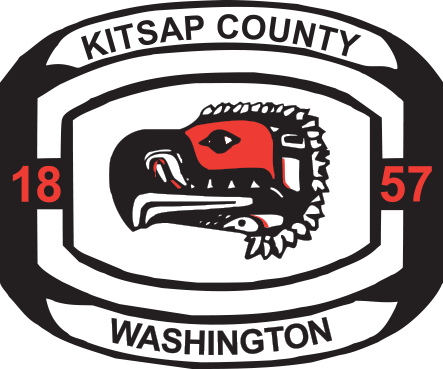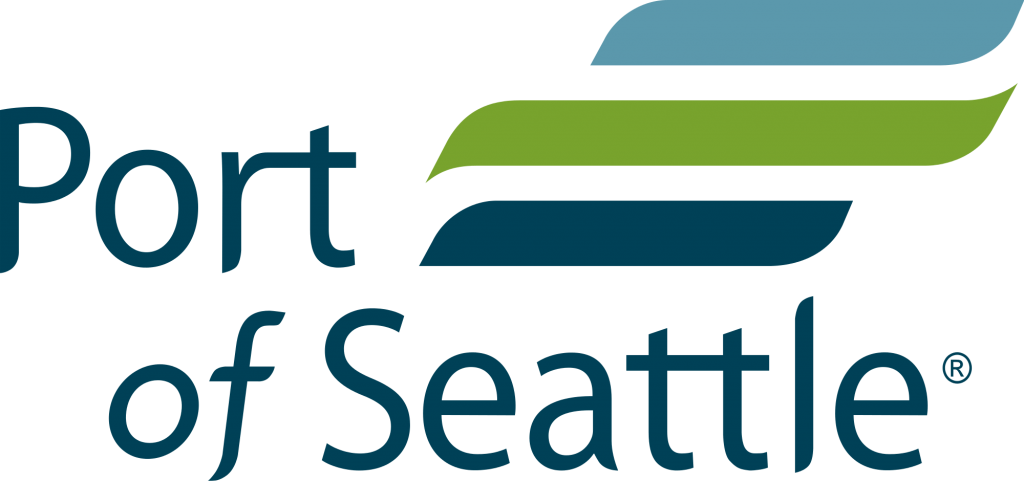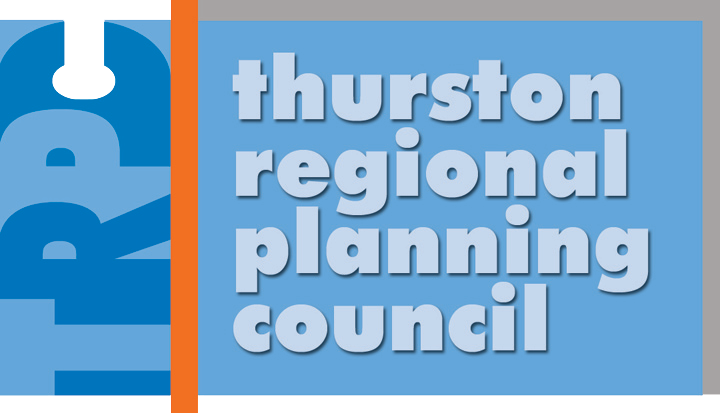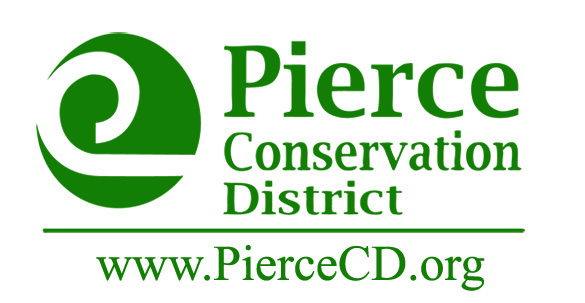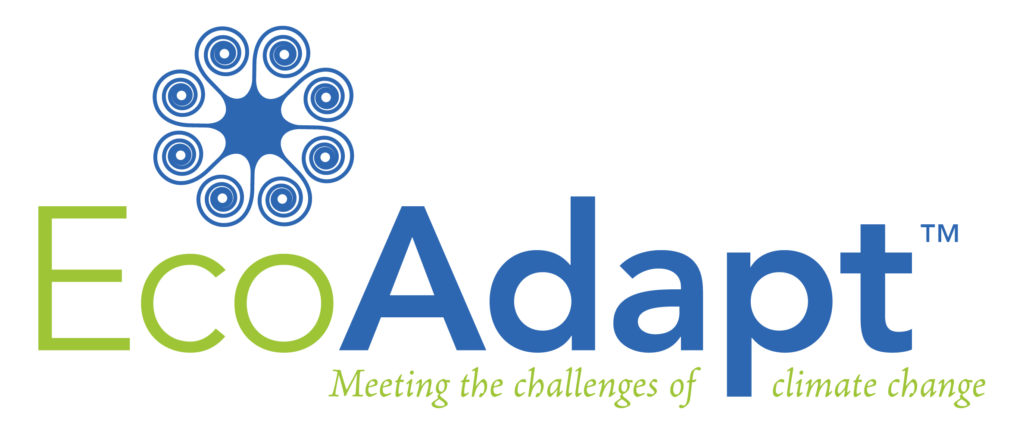Completed Program
Puget Sound Climate Preparedness Collaborative
The Puget Sound region of the Pacific Northwest comprises several counties and large municipalities, including the principal cities of Seattle, Everett, and Tacoma, and is home to nearly four million people. It’s also home to the ports of Seattle and Tacoma, which operate jointly as the Northwest Seaport Alliance, forming the third largest cargo gateway in the United States. The many forests, estuaries, rivers, and tributaries that characterize this resource-rich region also expose its residents to increased climate-related risks, such as wildfires, sea level rise, landslides, and flooding. Along with these threats, the infrastructure needs of a diverse and growing population are straining the region’s aging systems, creating a need for development that emphasizes both social equity and regional climate resilience.
Through funding from The Bullitt Foundation and The Kresge Foundation, ISC supported the advancement of the Puget Sound Climate Preparedness Collaborative, a network of local and tribal governments, regional agencies, and organizations working together to enhance regional coordination and advance climate change preparedness in Puget Sound.
The group recognized that city, county, and tribal government efforts to address climate impacts, such as increased flooding, drought, wildfires, and landslides, are stronger when done in coordination. Regional collaboration ensured that jurisdictions and agencies can serve communities, customers, and taxpayers more effectively and efficiently through the sharing of information, expertise, and resources.
The Collaborative’s goals and objectives included:
- Connecting practitioners and member organizations across the region to build a shared understanding of regional climate impacts, and to facilitate access to climate preparedness tools, research, recommendations, and best practices.
- Empowering regional practitioners through peer-to-peer climate preparedness programming such as workshops, events, and webinars.
- Engaging and collaborating with local communities to better understand how climate change will affect the health, safety, and economic opportunities of residents across Puget Sound, and how these impacts may worsen existing disparities.
- Communicating reliable and easily accessible information on climate impacts and risks to residents across Puget Sound.
- Identifying opportunities for joint research projects and coordinated assessment efforts.
- Ensuring that efforts to address regional climate impacts improve social and racial equity, and do not entrench existing inequities.

Contact


